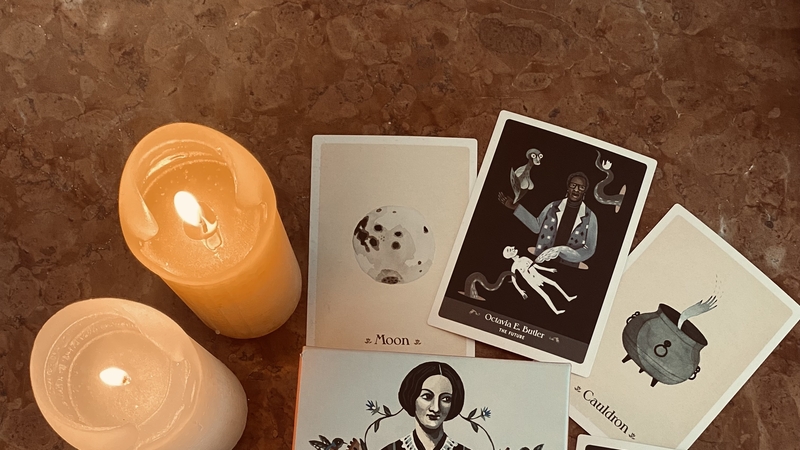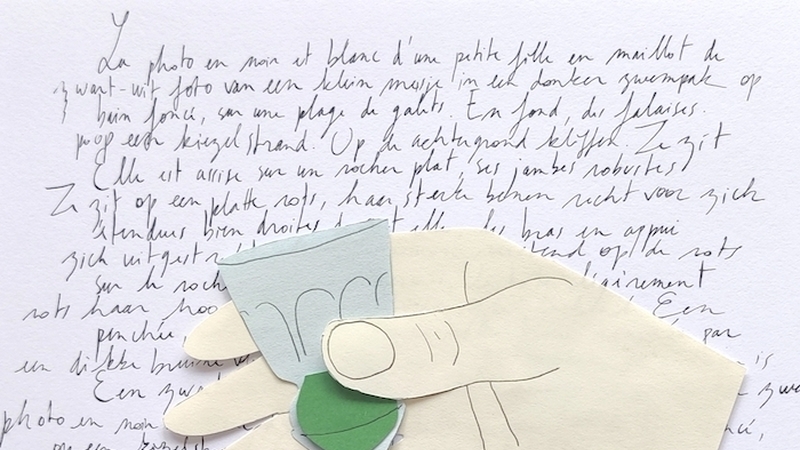Lost & Found : Judith Schalansky

Location
Category
Price
practical information
would you like to share your question with the author ? Send it before 25 March by mail to connect@passaporta.be, either in writing or as a short video.
Language
The 12 stories in Schalansky’s An Inventory of Losses deal, among others, with a burned painting by Caspar David Friedrich, an extinct species of tiger, the sacred writings of a defunct religious movement, and a sunken island in the Pacific Ocean: a series of empty spaces in our cultural and natural history, described in different literary styles and genres.
Out of sight, not out of mind
Why is it, that it is only when something is irretrievably lost that we realize what it meant to us? How can something that is concealed wield so much power? Why can’t I throw anything away? Why do extinct species, destroyed paintings and burned books seem so much more interesting and desirable than everything that still exists? These are the kinds of questions Judith Schalansky asks the reader in her book that deals with the lure of empty spaces.
Fiction replaces reality
An Inventory of Losses, however, is also about the enduring power of narrative. Where reality has disappeared, Schalansky replaces it with fiction. The protagonists in her stories are misfits: an eccentric old man who gathers the knowledge of humanity in his garden in Ticino; an elderly Greta Garbo who dreams of a film role as Dorian Gray; or Judith Schalansky’s own father, who abandoned the family before she could form any memories of him.
A lost country
Schalansky was born in 1980 in Greifswald, in the GDR – a country that no longer exists. Her previous publications include the international bestseller Atlas of Remote Islands and The Giraffe’s Neck. She will talk to Karen Billiet, a reviewer with De Standaard newspaper.
Passa Porta, Ancienne Belgique, Goethe-Institut, Meridiaan Uitgevers
portrait judith schalansky © rené fietzek
Coming soon at

Het debuut: leesclub met Sholeh Rezazadeh
Een uniek en intiem moment in aanloop naar Het Debutantenbal: ontdek samen met andere lezers én schrijfster Sholeh Rezazadeh haar krachtige debuutroman De hemel is altijd paars. Een zinnelijke roman over liefde en verlangen, over herinneringen en de vraag of je de ander ooit echt kunt kennen.

Literary oracle
Curious about your future? Not afraid of strong women? Then come and join our three literary witches. Skilled in literary tarot, they will be guided during a card reading by the secret powers of authors such as Emily Dickinson, Octavia E. Butler and Anna Akhmatova.

Bar refuge
Poetry has rarely been so intoxicating, spirits rarely so poetic. At the Poetry Bar, a mixologist will prepare an absinthe for you by the book while reciting a sonnet by an exiled or persecuted poet during that time.
 New York Times
New York Times